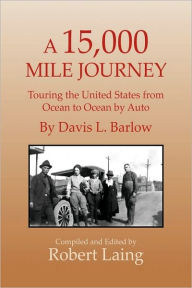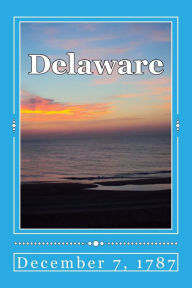
- Browse Category
Subjects
 We Begin at the EndLearn More
We Begin at the EndLearn More - Choice Picks
- Top 100 Free Books
- Blog
- Recently Added
- Submit your eBook
password reset instructions

There is no better way to see America than on foot. And there is no better way to appreciate what you are looking at than with a walking tour. Whether you are preparing for a road trip or just out to look at your own town in a new way, a downloadable walking tour is ready to explore when you are.
Each walking tour describes historical and architectural landmarks and provides pictures to help out when those pesky street addresses are missing. Every tour also includes a quick primer on identifying architectural styles seen on American streets.
Wilmington was the largest city in North Carolina until 1910 and even though the population was only 20,000 its position as the state's leading port brought a sophisticated mix of buildings to its streetscape. That street grid was laid out in 1733 on a bluff overlooking the Cape Fear River, some thirty miles before it flows into the Atlantic Ocean. That bluff made possible an innovation seldom seen in coastal towns - houses with deep foundations and basements.
But the coastal location also meant little stone for building and the reliance on cedar planks meant a town vulnerable to fire and little remains of Wilmington before about 1840. That was the year the Wilmington & Raleigh Railroad opened which unleashed a burst of economic energy that would power the town for the next century. During the Civil War, Wilmington was the chief port of entry for Confederate blockade runners and it was the last port in use by the Confederacy.
The waterfront was stuffed cheek to jowl with piers and warehouses. The wealth that poured across the docks built fine homes only blocks from the river, some that may be recognized by film buffs and television fans. When Italian film director Dino DeLaurentis set up shop in the United States in the 1980s he chose Wilmington and today the city is home to the largest television and movie production facility in America outside California.
Our walking tour will begin in the heart of Wilmington's historic waterfront, at the spot where Governor William Tryon built his house 250 years ago just steps from the Cape Fear River...
Less- Publication date
- Language
- ISBN
- January 16, 2016
- English
- 84b4f6e1-7cc5-4672-b4be-986ded62e17f






.jpg)




















